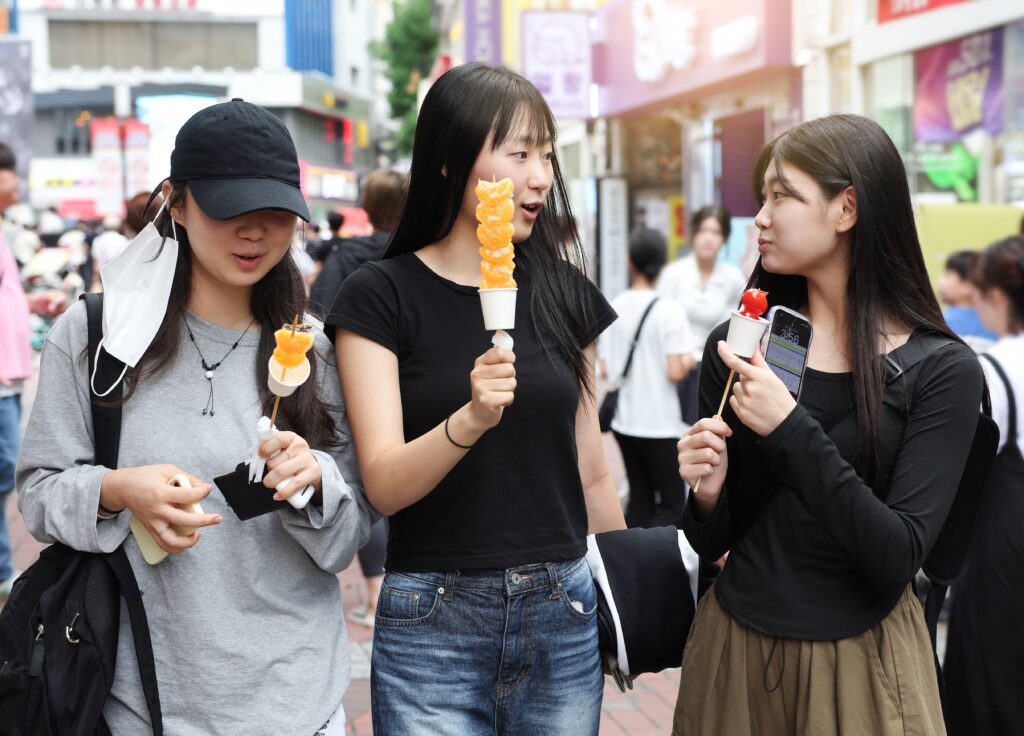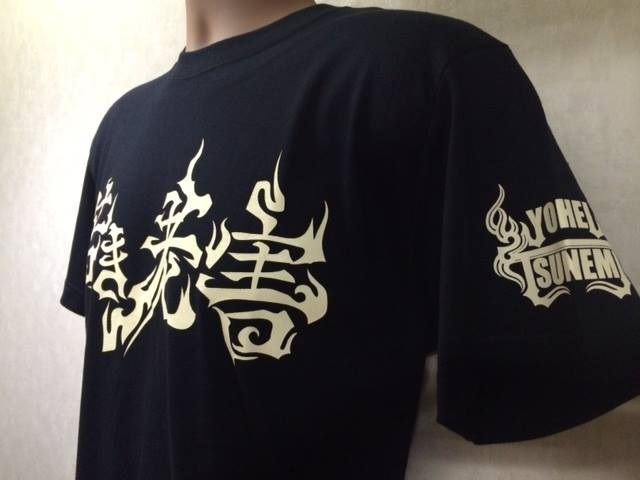
Conflicts in the workplace between Millennials (Generation M: Born 1981-1996) and Generation Z (born 1997-2012), which are usually called MZ generation in Korea, are emerging as a global problem. In Korea, the value conflict between M-generation beginner executives, mainly called “young kondae,” and Gen Z new employees is showing a similar pattern in most countries, deepening companies’ agony.
In particular, the main problems of conflict between Generation M and Generation Z are mainly related to actual work such as ▲ working type such as work from home and commuting ▲ working hours ▲ labor intensity ▲ collaboration and motivation. As Generation Z’s entry into society becomes more active, the conflict between Generation M and Generation Z is expected to intensify.
According to a survey of 1,000 men and women aged 19 to 59 across the country conducted by Embrain Trend Monitor, a market research company, on the 9th of last month, 84.6% of the total respondents said there are many “young kkondae.” Even 46.2% of the respondents said that young kkondae seem to be worse than older kkondae.

In particular, it is analyzed that the number of young executives is also increasing as the number of M-generation executives increases, with the number of executives in their 30s and 40s, which is equivalent to the M-generation, increasing significantly in major conglomerates such as Samsung Electronics. One executive in his 30s and 11 vice presidents in his 40s were produced from Samsung Electronics’ personnel appointments announced in November last year, and three executives in their 30s and 17 vice presidents in their 40s joined the executive ranks the previous year.
Generation M executives are known to have frequent conflicts with Generation Z in terms of work. Generation Z, which is proficient in overall education and digital device use, has excellent work learning ability, but has very different values from existing older generations and low organizational adaptation, causing frequent conflicts. Companies are also complaining that it is difficult to hire and order work because Generation Z lacks collaboration, communication skills, and affinity with colleagues.
According to a survey of 317 Korean companies by recruitment platform Saramin last month, 80.4 percent of the companies that hired employees recruited only fewer employees than planned at the beginning of the year. Of these, 26.8 percent of the companies said they failed to recruit even half of the required employees. Generation Z employees are not easily hired due to their low organizational adaptation and high resignation rate.
The conflict between Generation M and Generation Z in the workplace is not just a problem in Korea, but a major problem for companies around the world. According to a survey of 1,344 corporate managers and business leaders in the U.S. by Resumebuilder, a U.S. job search platform company, in April last year, 74 percent of all managers said it was very difficult to work with Gen Z employees.
Corporate managers feel that Generation Z is generally lacking in practical areas such as work ability, effort, and motivation, according to the survey. In addition, 59% of managers who said they found it difficult to work with Generation Z recently said they had fired their employees, while 20% said they had fired them within a week of entering the company.
On the other hand, 34% of managers who said it was difficult to work with Generation Z said they prefer to work with Generation M. They evaluated that Generation M is honest, productive, and capable unlike Generation Z. Compared to Generation Z, Generation M is more adaptable to the older generation’s culture, good at collaboration, and superior at work.
Generation Z is protesting that they were not able to get job experience compared to generation M. Forbes, a U.S. business media outlet, pointed out that Generation Z was not used to office work and collaboration because they were not able to get job experience and did not have the opportunity to submit resumes due to job suspension for nearly three years during COVID-19. Generation M bosses are called “30s logai (老害)” in Japan. Literally, it means “to cause harm with age.” In the same vein as Korea’s “Young Kkondae,” it is written as “Wakaki logai (若き老害).”
Japanese online media IT Media Business reported that Gen Z employees have a lot of complaints about Logai people in their 30s. Gen Z employees use famous quotes or proverbs such as ▲Steve Jobs and “pretend to be conscious” about Logai people. ▲Despite being a young CEO of a startup, he constantly tells employees about his company’s vision ▲He says he did a great job at that time. ▲He talks about his rookie days by writing a plan or a PowerPoint presentation. He gives negative assessments such as scolding his juniors.
“From the perspective of Generation Z, logies in their 30s are people who have no experience in work, have high self-esteem, and advise or preach to employees younger than themselves to maintain their desire for recognition,” IT Media Business said. “We treat our subordinates more authoritatively because we are not particularly at the center of in-house power, and we do not have much experience to put forward because we do not take on big tasks.”
T-shirts related to this logo are gaining popularity in Japan. Japanese labor sociologist Yohei Tsunemi has launched a black t-shirt with “Wakaki Rogai” written on it. “They are old-fashioned in terms of age, but they pretend to be doing something new,” Yohei criticized.
SOPHIA KIM
US ASIA JOURNAL



